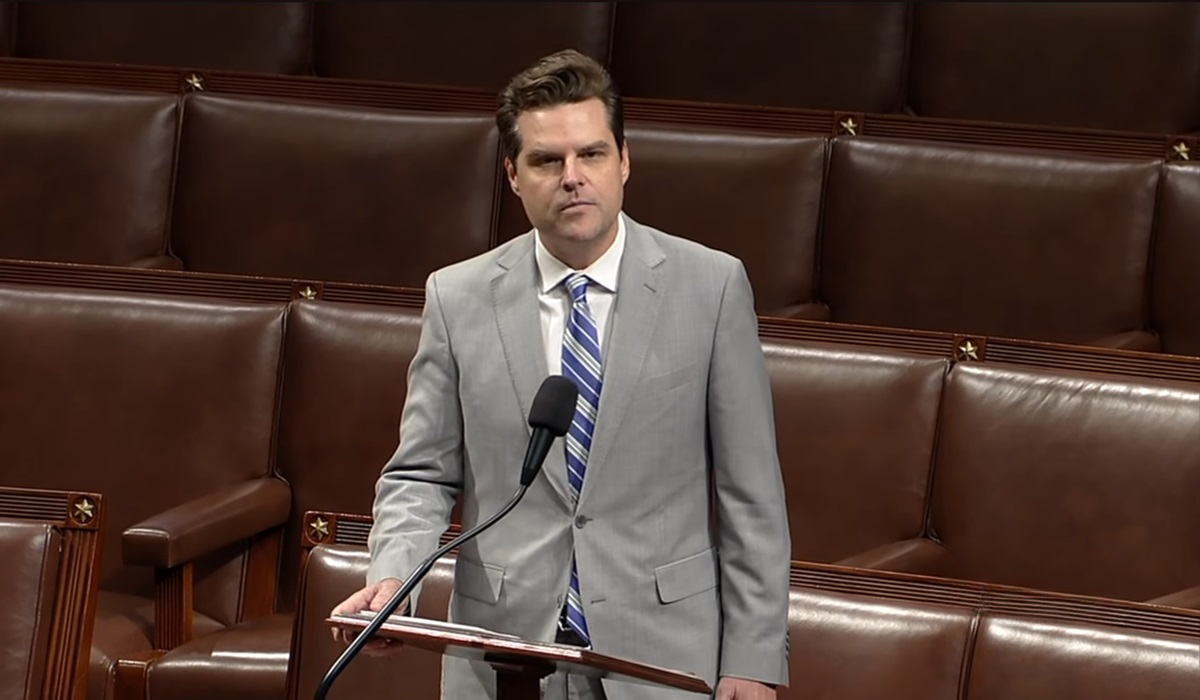Postsecondary Institutions Receive $1.4 Billion Investment in Strategic Research from Canadian Government
- TDS News
- Breaking News
- Canada
- April 28, 2023

Today, the Canadian Government announced a historic investment into research initiatives for various post-secondary institutions across the country. The strategic research initiatives have been chosen to receive the $1.4 billion in funding from the Canada First Research Excellence Fund (CFREF) are diverse and wide-ranging. From genomics to clean shipping, from electrifying communities to tackling child health, the 11 initiatives represent a formidable investment in Canadian research and development. Each institute will receive, on average, $100M and upwards. Canadian universities are critical in driving innovation, supporting scientific discovery, and training future researchers and workers.
The CFREF funding will allow researchers across Canada to leverage their respective areas of expertise, attract world-class talent, and forge partnerships across the academic, private, and not-for-profit sectors. This collaboration will lead to important social and economic benefits for Canadians and contribute to Canada’s position as a global leader in research and innovation.
One of the funded initiatives is McGill University’s DNA to RNA project, which aims to take a comprehensive, inclusive approach to genomic-based RNA therapeutics. On the other hand, Memorial University of Newfoundland’s Qanittaq Clean Arctic Shipping Initiative focuses on reducing carbon emissions in communities by exploring sustainable shipping practices in the Arctic.
The University of Ottawa’s Brain-Heart InterConnectome project seeks to connect the dots between brain and heart diseases, while Dalhousie University’s Transforming Climate Action initiative addresses the missing ocean in the current climate change discourse. Meanwhile, the University of Toronto’s Acceleration Consortium is developing self-driving labs to speed up the discovery of new materials and molecules.
The University of Victoria’s Accelerating Community Energy Transformation initiative focuses on empowering communities to transition to clean energy sources, while Université de Montréal’s R3AI project is working on developing responsible artificial intelligence and its adoption. York University’s Connected Minds project explores the intersection of neural and machine systems to create a healthy, just society, while Concordia University’s Electrifying Society initiative seeks to create resilient communities through decarbonization.
Finally, the University of Calgary’s One Child Every Child initiative is a transformational child health research project, while Toronto Metropolitan University’s Migrant Integration in the mid-21st Century initiative is exploring ways to bridge divides and foster integration.
These initiatives represent some of the most innovative, forward-thinking, and impactful research projects currently underway in Canada. They are also a testament to the importance of investing in research and development to drive social and economic progress and to the role of universities in shaping the future of Canada and the world.
François-Philippe Champagne, Minister of Innovation, Science, and Industry, said, “Today’s research is tomorrow’s economy. The initiatives announced today will lead to breakthrough discoveries that will improve people’s lives, nourish our innovation ecosystems, and shape Canada’s prosperity for years to come. Such is the value of universities, and of our Canadian researchers who think outside the box to tackle the greatest challenges of our time.”
The government’s investment of $1.4 billion in strategic research at postsecondary institutions is critical to ensuring Canada’s position as a global leader in research and innovation. The funded initiatives will foster community, provincial, national, and international partnerships to deliver research leading to important social and economic benefits for Canadians. The funding also reiterates and proves universities’ crucial role in promoting innovation, facilitating scientific breakthroughs, and preparing upcoming scholars and professionals.








